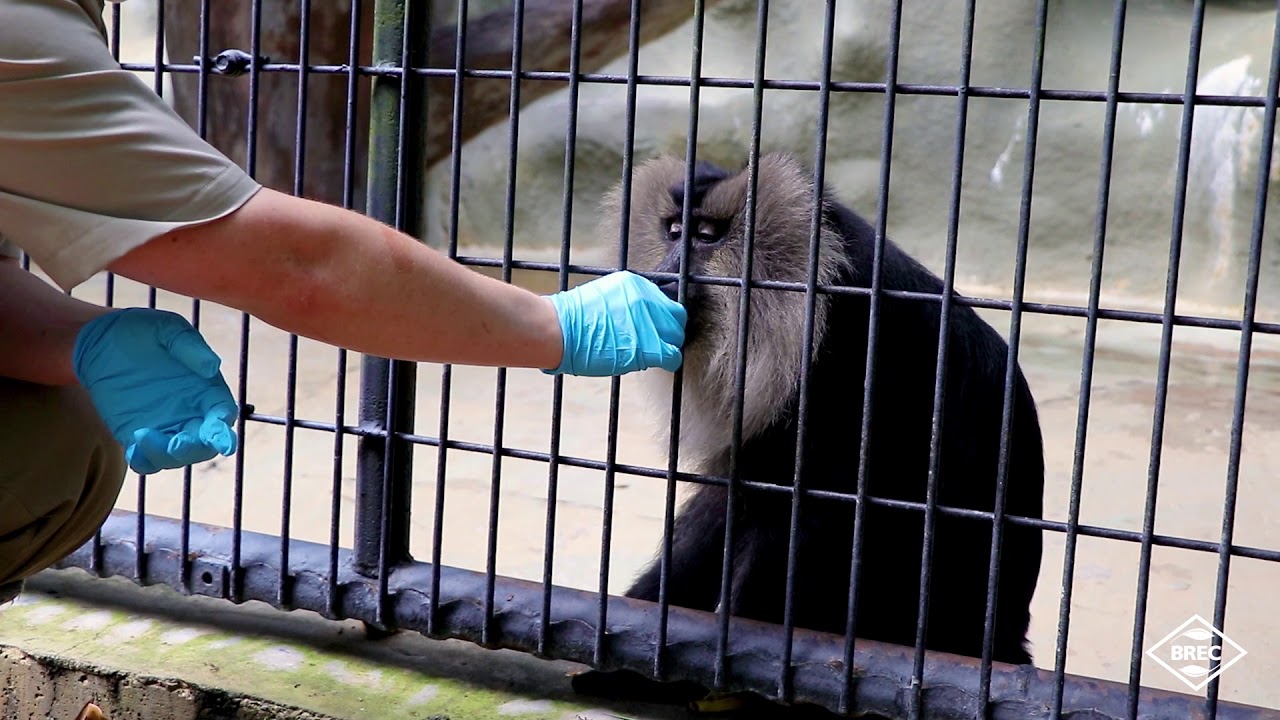– The role of Baton Rouge Zoo in lion-tailed macaque conservation efforts
– An overview of the lion-tailed macaque’s habitat, behavior, and diet
– Challenges facing lion-tailed macaques in the wild and conservation strategies
– The significance of REFRESH: Animal Encounters at the Baton Rouge Zoo in educating the public about wildlife conservation
– How zoos contribute to research, conservation, and biodiversity through programs like REFRESH: Animal Encounters
The Baton Rouge Zoo has long been recognized for its commitment to preserving wildlife and educating the public about the importance of conservation. Among its many initiatives, REFRESH: Animal Encounters stands out as a key program designed to offer visitors an engaging and informative experience, particularly with the lion-tailed macaque. This species fascinates and concerns the conservation community.
Lion-tailed macaques (Macaca silenus), indigenous to the Western Ghats of India, are distinguished by their silver-white manes and a tail tipped with a tuft similar to that of a lion, from which their name derives. These primates inhabit the dense, canopied rainforests of the region, relying heavily on its fruits, leaves, and insects for sustenance. Their behavior, which includes a complex social structure and communication system, captivates zoologists and conservationists alike. However, their wild population faces critical threats due to habitat destruction, poaching, and the illegal pet trade, positioning them as an endangered species on the IUCN Red List.
REFRESH: Animal Encounters at the Baton Rouge Zoo plays a pivotal role in highlighting the plight of the lion-tailed macaque. Through up-close experiences, the program aims to educate visitors about the species’ ecological importance and challenges in their natural habitats. This initiative also underscores the zoo’s broader mission to foster a connection between people and wildlife, emphasizing the role humans can play in conserving endangered species.
Zoos serve as vital havens for preserving biodiversity, providing safe environments for breeding programs and research opportunities that would be challenging to conduct in the wild. The Baton Rouge Zoo collaborates with international conservation organizations to share data and best practices, contributing to global efforts in wildlife preservation. Through breeding programs, zoos can help increase the populations of endangered species like the lion-tailed macaque, hoping to eventually reintroduce them into their natural habitats.
One of the major challenges facing lion-tailed macaques, and a focal point of conservation efforts, is habitat destruction. Expanding agricultural activities, deforestation, and urbanization threaten the densely wooded areas these primates call home, leading to a loss of food sources and increased human-wildlife conflicts. Conservation strategies include habitat restoration, legal protection of forests, and efforts to minimize human encroachment. Education programs like REFRESH: Animal Encounters bring these issues to the forefront, encouraging public support for habitat preservation initiatives and responsible ecotourism that benefits, rather than harms, wildlife.
The impact of programs like REFRESH: Animal Encounters at the Baton Rouge Zoo extends beyond the zoo’s confines. By fostering a deeper understanding and respect for wildlife, these encounters inspire visitors to become advocates for conservation in their communities and across the globe. Presenting the wonders of the natural world and the reality of its challenges motivates individuals to support conservation efforts through donations, volunteer work, or simply spreading awareness.
In essence, REFRESH: Animal Encounters and similar zoo-based education programs are essential tools in the fight against the extinction of species like the lion-tailed macaque. They bridge the gap between humans and wildlife, nurturing a sense of responsibility and urgency around conservation efforts. As habitats continue to dwindle and species face the threat of extinction, the role of zoos in conservation, research, and education becomes increasingly crucial. Through careful management, ethical practices, and engaging public programs, zoos like the Baton Rouge Zoo contribute significantly to preserving biodiversity and preserving species at risk, ensuring their existence for generations to come.
*****
Source Description
Our friend Bill doesn’t play around when it comes to his favorite food, peanuts! 🐒 Watch Zookeeper Taylor introduce this impressive primate and learn more about this intelligent species.


